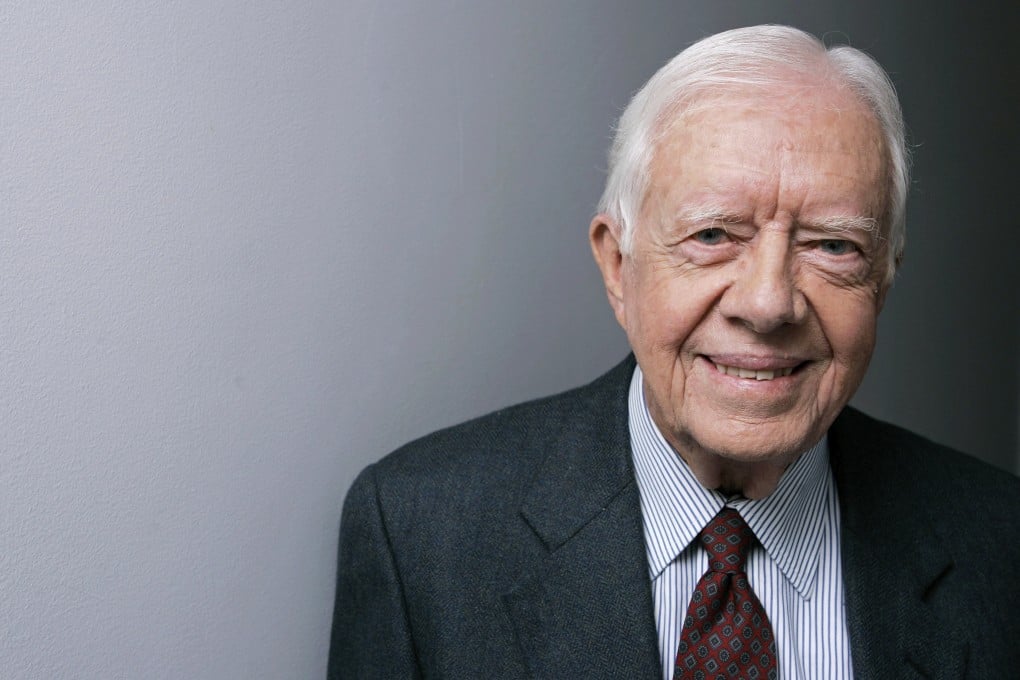My Take | Jimmy Carter’s vision was what could have been in the Mideast
The United States and Israel could have stood for justice and peace, but today they now merely represent the unaccountable use of naked power

In 2006, Jimmy Carter published his most controversial book on Palestine with a title that carried the word “apartheid”.
Fourteen members of the advisory board to his human rights organisation resigned in protest. Practically the entire Israeli lobby and its media supporters in the United States mobilised to discredit the book. His Democrat allies such as the soon-to-be House of Representatives’ speaker Nancy Pelosi turned their backs on him.
But Carter, who was 82 by then, was beyond caring. He had already won his Nobel Peace Prize. His post-presidential records on promoting peace and humanitarianism spoke for themselves. And while president, he engineered the first breakthrough in the Arab-Israeli conflict, by helping to normalise relations between Egypt and Israel.
Carter was the only US president who had both the vision and the policy to resolve the Palestine question. Had they followed his wisdom and courage, the US and Israel could have stood for justice and peace; alas!
And so, his warning has come to pass. Israel has graduated from apartheid to genocide. Today, we are witnessing, almost instantaneously on our computer screens, Israel’s commission of the most heinous of crimes in the occupied Palestinian territories, along with the full complicity and support of the most powerful and richest Western nations for its crimes.
Usually, it takes years, decades, even centuries, to recognise and acknowledge a genocide, assuming it’s even known to the general public.
But for the protests filmed by international news crews during the 2014 Winter Olympics in Sochi, most of us would not have heard of the genocide against the Circassian people as part of the conquest of the Caucasus during the 1860s by the Russian empire.
